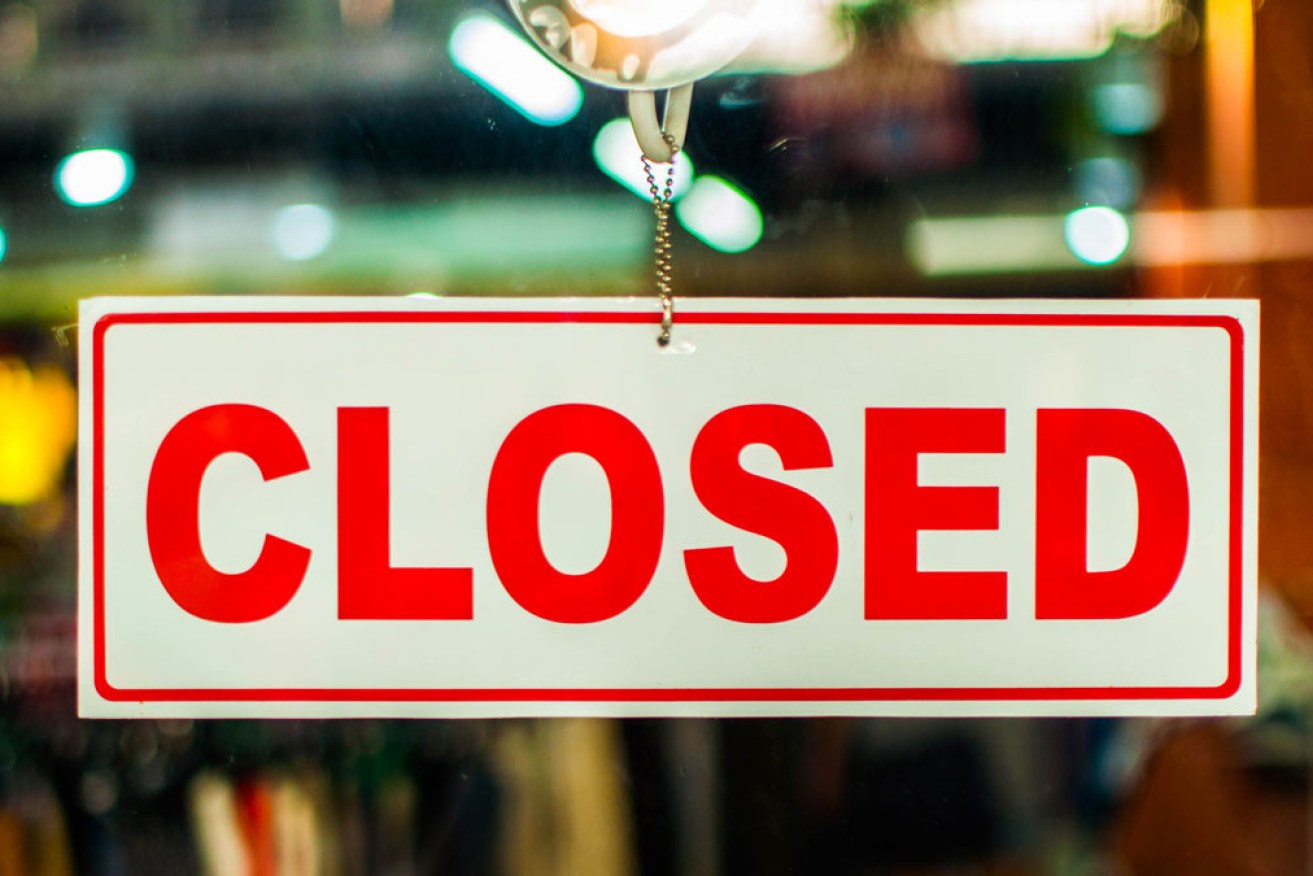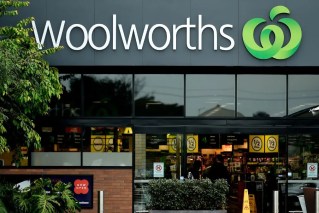Fashion retailers hit hard by coronavirus, as pandemic infects long-term outlook


Retailers are expressing concerns about the effect of next week's public holiday. Photo: Getty
The retail industry is facing its toughest fight in decades – and analysts believe fashion stores could be hit hardest.
The alarm bells comes after a day of self-imposed closures in which more than 30,000 workers were stood down.
Solomon Lew’s Premier Investments told investors it would shutter its retail fleet until April 22, triggering thousands of job losses across Smiggle, Peter Alexander, Portmans and Just Jeans.
Accent Group, which oversees footwear brands Athlete’s Foot, Skechers and Timberland, said it will stand down 5000 employees for four weeks with access to leave.
So far ….. 9000 jobs gone at Premier Investments, 5000 at Accent Group, 8000 ALH pubs, 2500 at Michael Hill, 6700 at Mosaic Brands, 20,000 at Qantas, 20,000 at casinos ….. @aus_business
— Eli Greenblat (@EliGreenblat) March 25, 2020
And RAG Group (owner of Tarocash, YD and Connor) will close more than 500 stores from Friday, affecting 3000 workers.
Industry sources told The New Daily more self-mandated closures are all but certain as lockdown measures continue to weigh on impulse-driven spending.
More carnage on the horizon
Retail Doctor Group CEO Brian Walker said discretionary retailers are bowing out now amid an unprofitable trading environment.
“If you’re a fashion retailer, it has been incredibly tough,” Mr Walker said.
“Fashion retail is the cornerstone of shopping centre environments, so when we see brands like Mosaic closing 1379 shops … there’s a significant flow-on effect across the country.”
Tweet from @realCarrickRyan
A senior industry analyst at IBISWorld told The New Daily the fallout for the sector was hard to quantify.
But they said it is “unlikely to be a V-shaped recovery” as rising unemployment exerts downward pressure on household spending.
The ongoing carnage follows a torrid few months for retail, as consumer spending fell 0.7 and 0.3 per cent in December and January respectively, with department stores leading the trend.
Adding to the sector’s concerns, consumer confidence has plummeted to levels unseen since Australia’s last recession.
ANZ-Roy Morgan’s weekly measure of consumer confidence is now 17 per cent below its lowest point during the Global Financial Crisis.
Retailers negotiate rent before lockdown takes hold
As retailers grapple with plummeting sales, Mr Walker said the relation between retailers and their landlords could be flipped on its head.
In a statement on Thursday, Premier chief executive Mark McInnes said the company will refuse to pay rent for the length of the self-mandated shutdown.
Mr Walker believes this power play could set the tone for fashion retail at large, with government and banking assistance largely directed towards small and medium-sized enterprises.
“If there’s no shopping, there’s no sales,” Mr Walker said.
“Many of them are looking for temporary rental assistance or rebates.
“So I think you’ll find landlords in many cases helping their retailers and seeking to make those adjustments.”
The long-term impacts on the retail sector
EY Oceania chief economist Jo Masters said “a supply shock, demand shock and credit shock” has compounded the woes of local brands left reeling by foreign penetration in the Australian market.
And as retailers navigate evaporating consumer confidence in the “first phase” of the public health crisis, Ms Masters cautioned against celebrating short-lived growth sparked by panic-buying.
Tweet from @byronkaye
“Hoarding may boost March retail sales, but it’s not a net increase in demand,” Ms Masters said.
“These goods people are hoarding, you have inelastic demand for.
“So when you hoard a good you don’t dramatically increase your usage of – you steal demand from the future.”
Mr Walker said the one-two punch of the catastrophic Australian bushfires and the virus pandemic would spark major changes as the industry rebuilds.
“For starters, retailers will take a look at their contingency and continuity planning in terms of emergencies, and consumers will start to get more comfortable with online shopping,” Mr Walker said.
“Retailers will also revisit their relationships with their landlords in terms of how many shops they have, rather than revisit their distribution planning.
“And we’ve seen historically from the Great Depression to the Global Financial Crisis, people will bounce back.
“Retail is not dead. It’s just hitting the pause button.”








